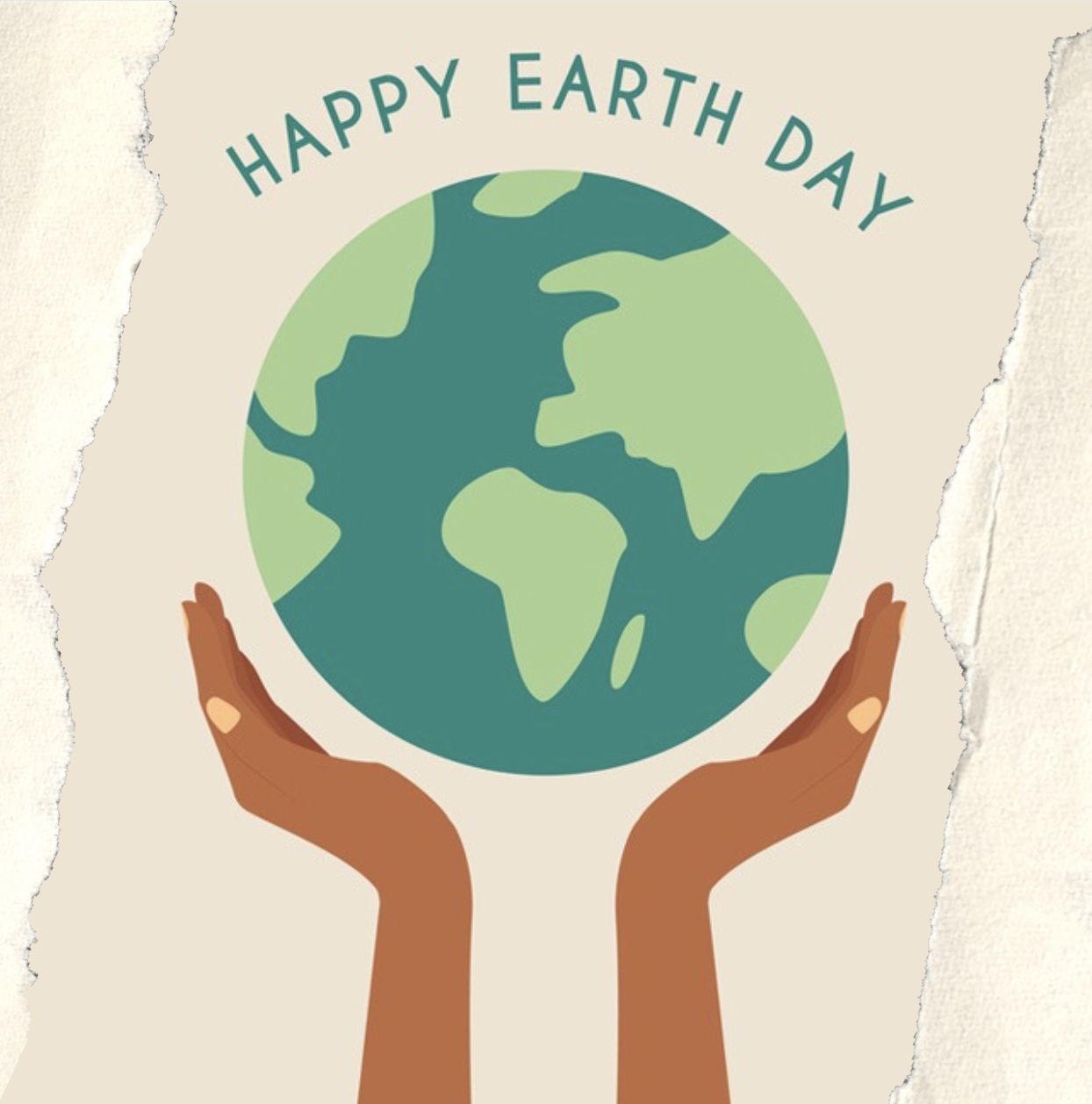Celebrating Earth Day with Good News for the Planet!

Happy Earth day everyone! As we celebrate this day of environmental awareness and action around the world, it’s crucial to reflect not only on the challenges facing our planet but also on the victories and positive strides being made in the realm of environmental sustainability.
Despite the daunting threats of climate change, pollution, and habitat loss. There are many stories worth sharing of individuals, communities, and organizations working tirelessly to protect and preserve our precious natural world. As these stories give us hope for a cleaner and brighter future. In honor of Earth day, let’s dive into 10 good news and recent wins for our planet!
West Coast Grey Whales have made a Recovery
A nearly 5 year “unusual mortality event”, involving the deaths of hundreds of grey whales along the west coast of the US is officially over. The deaths were linked to malnutrition from localized ecosystem changes in the animal’s feeding areas, leading to a 40% population decline. The population is recovering now to the point that the event is considered over.
Source: The Guardian
A wooden wind turbine is in operation in Sweden
At 105 m tall, the tallest wooden turbine tower in the world is now generating enough electricity to power 400 Swedish homes. Startup Modvion builds these close to carbon-neutral towers from layers of spruce timber laminated together, making for lighter and easier transportation as well.
Source: Geo News
Tree Planting Project in Africa is reversing Ecosystem Degradation
The Trees for the Future mass reforestation campaign, is supporting farmers with training, seeds, and grants so that they will forgo monoculture cash crops in favor of biodiverse forest gardens that feed communities, protect the soil and expand tree cover. It aims to create 230,000 jobs and plant a billion trees by 2030.
Source: The New York Times
US Tribal Nations will get $120 million for climate resilience
Indigenous peoples are among the communities most affected by severe climate-related environmental threats around the world. The climate resilience funding will go toward projects for climate adaptation, community-led relocation, ocean management and habitat restoration. The new resources aim to meet the needs of each community and support them in incorporating indigenous knowledge. You can learn more about this Branch of Tribal Climate Resilience here.
Argentina aims to Reduce Livestock Emissions
Between 12% and 17% of global GHG emissions come from livestock and there have been few incentives to reduce them. A government-led partnership in Argentina has started certifying certain livestock as carbon neutral so farmers can earn a higher price. This certification approach relies on a silvopastoral system, which integrates tree growth with grazing or production of grasses or grains for fodder crops.
The EU wants Fossil Fuels to help Pay for Climate Change
As nations prepare for talks this year on a global finance goal, how much wealthy, industrialized nations should pay the developing ones to adjust the most severe impacts of a hotter world. A draft statement showed that the European Union 27-nation country bloc will argue the oil and gas sectors should also contribute. The draft recognizes that public finance alone cannot provide the funding necessary for the new international climate mitigation goals.
Source: Marie Jacquemin / Greenpeace
The Netherlands has built almost 3,000 Wildlife Crossings
Wildlife crossing also known as ‘ecoducts’ are long overpasses connecting a forested area on one side to a stretch of open, uncultivated land on the other. Allowing wildlife animals to roam large distances without becoming roadkill. The country has been installing crossings either above or below roads, railways and waterways, for 3 decades. A study has shown that a crossing structure coupled with fencing helped reduce large mammal roadkill by 83%.
Source: ZJA
The EU is Criminalizing Ecocide
The EU has become the first international body to criminalize the most serious cases of environmental damage that are comparable to Ecocide. Ecosystem destruction will be punished with tougher penalties and prison sentences, and countries will have 2 years to put the updated directive into their national laws. Environmental crimes are growing 2 to 3 times faster than the global economy and have in a few years become the 4th largest criminal sector in the world.
Source: Stop Ecocide International
Coral Reefs cover More of the Ocean than we thought
New research from the University of Queensland has produced the first accurate depiction of the distribution and composition of the world’s coral reefs, with clean and consistent terminology. Shallow coral reefs cover about 347k km2, about the size of Austria, up from previous estimations between 154k – 300k km2. Researchers say mapping the world’s corals is a necessary step toward protecting them.
Mangrove Restoration is proving Successful in Pakistan
The country’s mangroves expanded from 483 km2 in 1986 to 1440 km2 in 2020. The analysis states that “It is because of the constant endeavor by governments and NGOs”. It also gives credit to restoration, research and awareness-raising campaigns which are now being devotedly carried out to conserve and regrow mangroves by local, national and international organizations.
As we mark another Earth Day, let us draw inspiration from these environmental wins and positive news stories. Each action, no matter how small, contributes to the collective effort to safeguard our planet for future generations. By celebrating these achievements and continuing to advocate for sustainable practices, we can work together to build a brighter, more resilient future for our planet and all its inhabitants. Happy Earth Day!
Interested in reading more succes stories in the battle against climate change?
